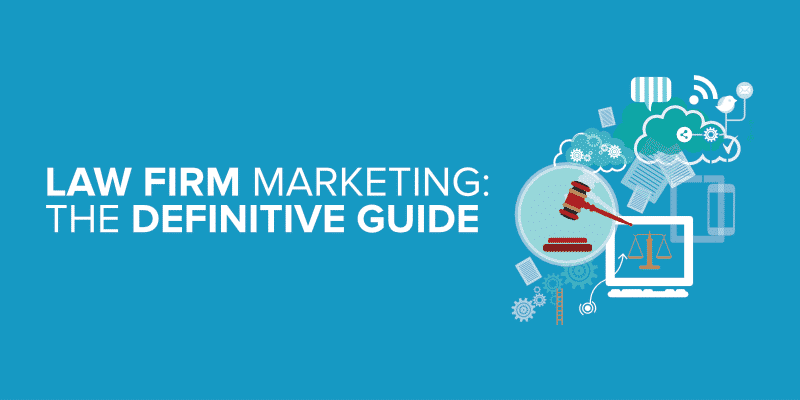
Is digital marketing an abstract discipline whose success is hard to measure? Some business owners and marketers see it that way, but measuring a digital marketing campaign’s performance is possible and crucial! Learn how to effectively measure the success of your digital marketing campaigns and optimize your strategies for better results.
Although every digital marketing campaign’s end goal is to increase profits in the long run, some campaigns are focused on bringing more visitors to your blog, while others might aim to raise awareness of your brand.
Whatever the end goal may be, you want to know whether your digital marketing efforts deliver results!
5 Steps to Evaluate and Measure the Success of Your Digital Marketing Campaigns
1. Identify and set clear objectives from the very beginning
Since digital marketing campaigns are conducted to achieve various purposes, your first step should be to recognize what you want to accomplish with your campaign. For instance, you might want to increase your sales, generate more leads, or boost your brand awareness.
Having clear objectives right at the beginning is essential when you want to evaluate your digital marketing campaign’s performance.
Sometimes, determining your business objectives may require deeper brainstorming than you might expect. Once you’ve selected the main objectives important to your organization, you can skip setting specific goals for each of these objectives.
Of course, every goal requires a specific approach and strategy, and metrics to track.
To be able to monitor and track your digital marketing goals, they need to be SMART. SMART stands for specific, measurable, achievable, realistic, and time-bound.
2. What metrics should you track?
Digital marketing Key Performance Indicators (KPIs) are an essential part of measuring your campaign’s performance. You will need to establish KPIs to track your campaign’s performance.
Since they highly depend on your goals and the channels you are about to use, you may be wondering where to begin from.
The good news is there are a few fundamental metrics you should watch for when running a digital campaign.
- Conversion rates refer to visitors or customers taking specific actions as a result of your marketing efforts.
- Traffic by source provides you insight into your most effective digital channels. This metric allows you to compare the traffic you get through organic search, paid search, social networks, or referrals.
- The bounce rate is the percentage of internet users that visit your website and leave immediately. They indicate that your page content is either irrelevant or confusing to your visitors.
- Social media engagement is one of the most important social media marketing KPIs. It’s the total number of people’s interactions with your content, including likes, shares, comments, and clicks.
- Social reach refers to the total number of people who’ve seen your ad on social.
- Email click-through rate will give you an idea of whether your customers are engaging with the emails you are sending as part of your email campaign.
Choose the metrics relevant to your particular campaign, and enable you to monitor its progress accurately.
3. Tools that will help you measure the success of your digital marketing campaign
Once you’ve settled on a list of relevant metrics you want to focus on, you need proper tools that will help you facilitate measurement.
Google Analytics, HubSpot, Moz, or Webtrends are all excellent places to start when it comes to website analytics.
As for SEO Analytics, you can utilize Google Analytics, Moz, HubSpot, and RavenTools.
For social media, there are many analytics tools to choose from. Social networks come with their analytics features, like Instagram Insights or Twitter Analytics.
Aside from those, to check your social campaign’s success, you also have Hootsuite, Socialbakers Analytics, Simply Measured, and Keyhole at your disposal.
With so many tools and metrics to track, things can get complicated. Measuring a multi-channel campaign’s performance requires a wide range of tools to follow all the relevant KPIs.
Digital marketing reporting tools are life-saving as they allow you to automate your campaign analytics and eliminate stressful and time-consuming reporting. For example, if you create an automated SEO report, you get real-time data access from multiple points in under 3 minutes.
So, if you are running an SEO campaign, you can integrate your favorite SEO tools in one reporting dashboard and build clean and concise reports without putting information together manually.
This allows you to track the changes faster!
4. Set clear targets and timeframes
Clear targets and timeframes will help you assess whether your tactics are working or not. Without them, you would have no way of knowing if your efforts are successful. Evaluating progress along the way will also provide you insight into what you have achieved so far.
For example, imagine you wanted to generate 10 percent more leads in 6 months. Notice that this goal is specific, measurable, achievable, time-bound, and realistic.
If you see you are not achieving your goal within the timeframe you set, and the lead generation is up by only 4 percent, it is a clear sign that your campaign is underperforming.
Make sure you have a detailed look at your data and reevaluate your current marketing tactics.
5. Take steps to optimize campaigns and fix performance issues
The analytics and measurement data you have gathered allow you to make adjustments to your digital marketing campaign and optimize its performance.
With valuable insights at your fingertips, you can fix performance issues you have spotted and execute real-time improvements.
Before making any changes to your campaigns, make sure you have sufficient data!
Proper measurement and analytics tools eliminate the guesswork and execute your campaigns with precision and success.
So, monitoring and evaluating your digital marketing campaigns is critical since it enables you to map out the practices that work and craft an effective digital marketing strategy.








